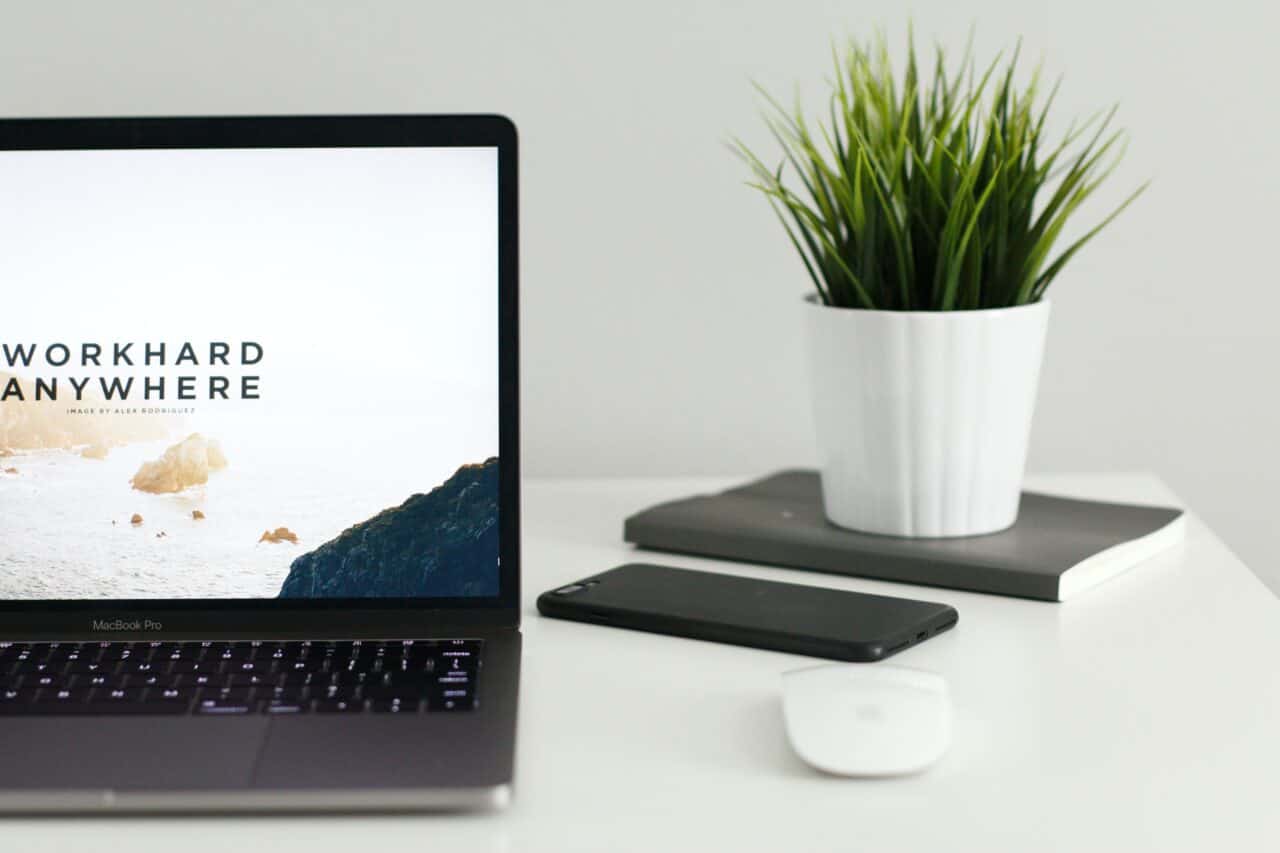
As an employer, you expect your employees to stay focused on their tasks and not waste time elsewhere in order to increase productivity. That is why most employers result in micromanaging employees and closely monitoring what they are doing. Unfortunately, this makes employees feel like they are not trusted to deliver on their roles, which can lead to frustrations and employees jumping ship.
Productivity help
The truth is that no one can stay focused all around the clock, every day of the week. Few distractions here and there can’t hurt productivity. You only need to be alarmed and take action if it becomes persistent. However, you need to be careful not to end up frustrating your employees trying to refocus them. You need to think creatively on ways to refocus them for increased productivity without sending negative vibes. You can also get help by partnering with the right global PEO who will manage the Human Resources department for you. However, there are still things you can do yourself. Here are some tips to go about it.
1. Set clear productivity expectations
If an employee doesn’t really understand what is expected of a task, he or she will need clarification from you or the immediate supervisor. He or she will have to leave their desk to your office or take time out to make a phone call or send an email asking for clarification. It can be difficult to gain back focus after such a distraction. What was meant to be a quick clarification can turn into an hour of wasted time.
This is a distraction that can be avoided if only you provided clear expectations from the word go. It is important to ensure that employees know what is expected of them including deadlines. In addition, ensure that the employees are well equipped, and have all the information they need to handle their tasks.
2. Shake up the routines and roles
Monotony can be the number one cause of distractions. If employees wake up to the same routine every single day, they are more likely to look for distractions that can shake up things a little bit. That is why most end up browsing social media for hours on end in order to break the routine.
Switching up duties regularly helps keep employees excited about new challenges. This can be a good way to break their routine and offer them a chance to learn new skills. You can also allow them to work in alternative spaces to break the monotony of working in the office all year round. Choose coworking Toronto if you operate in this area and be assured that your employees are getting the best service.
3. Allow flexible hours
It can be very hard to focus on work if other matters outside work are threatening to fall apart. The employees’ minds will be divided between work and what they will meet out there when they leave work, which can adversely affect productivity.
It is important to remember that your employees have a life out of work. You can’t continually demand their hours and expect the other aspects of their lives to be okay. Allow them flexible hours so they can improve their work-life balance. This will also give them the chance to work on their social lives, which is very important for their mental health.
4. Encourage breaks
If you are the kind of employer who applauds people for the many hours you have seen them on their desks, you are fuelling distractions that lead to decreased productivity. The truth is that people can only stay focused for an hour or so. After that, they will be busy with other things in a bid to relax the mind, especially when tackling a difficult task.
You need to insist on the importance of taking regular breaks. Include spaces that encourage people to move away from their desks. A breakout room, for instance, tells employees that it is okay to take a break without the fear of being reprimanded. A few minute’s breaks from the desk can do wonders on the mind, and allow the employees to reenergize and fire through tasks afterwards.
Finally, employees find it easy to look for distractions if they aren’t fully committed to their roles. This can be brought about by a lack of engagement in the workplace. Even as you work on refocusing them, it is important that you work on employee engagement so employees can feel like part of the bigger picture.
This article does not constitute legal advice.
The opinions expressed in the column above represent the author’s own.
Start managing your legal needs with Zegal today
BECOME A ZEGAL REFERRAL PARTNER
FURTHER READING: Is AI taking over Payroll?
READ MORE: 6 Apps Helping You Work Remotely






